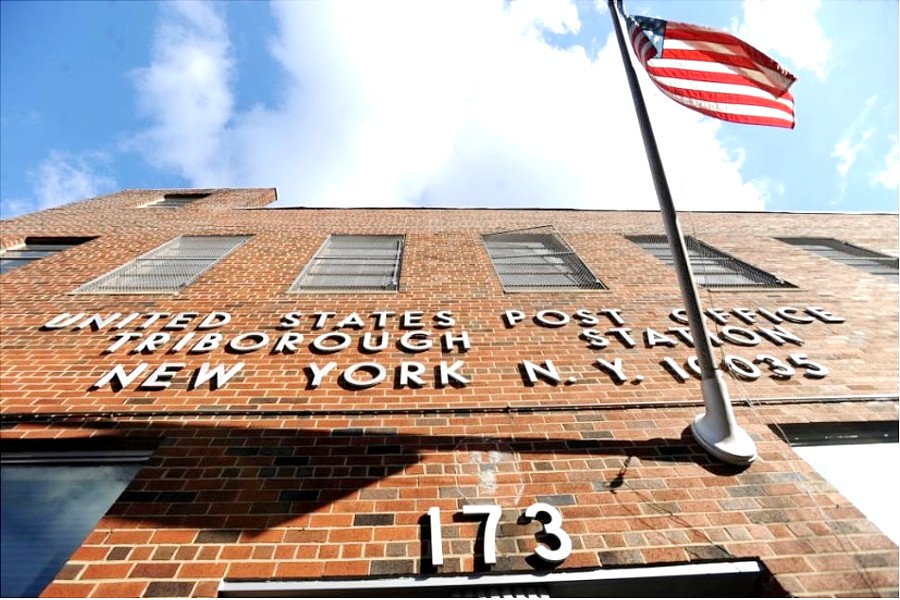
Mabel Keaton Staupers, February 27, 1890 – September 30, 1989, was a Harlem legend in the American nursing profession and equity supporter.
Faced with racial discrimination after graduating from nursing school, Staupers became an advocate for racial equality in the nursing profession the integration of Harlem Hospital, and much more.
Here Comes Harlem
Staupers was born on February 27, 1890, in Barbados, West Indies. In 1903, at the age of thirteen, she emigrated to Harlem, New York, with her parents, Pauline, and Thomas Doyle, and received American citizenship in 1917.
She attended Freedmen’s Hospital School of Nursing in Washington, DC, where she graduated with honors. After graduation, she worked as a private duty nurse.
Staupers fought for including black nurses in World War II in the Army and Navy as the executive secretary of the National Association of Colored Graduate Nurses (NACGN). She wrote that:
“Negro nurses recognize that service to their country is a responsibility of citizenship.”
Staupers became the executive secretary of NACGN, and the association’s main goal was to advance the status of African American nurses, most of whom were barred from nursing schools and professional associations in several states. Staupers, along with the president of NACGN, Estelle Masse Riddle, led the struggle of black nurses to win full integration into the American nursing profession. Staupers was a great organizer and an astute political tactician whose focus was social change.
One of the major social changes led by Staupers and what she is known for today is playing a crucial role in the desegregation of the military’s nursing corps during World War II. She continued fighting for the full inclusion of nurses of all races in the U.S. military, which was granted in January 1945 because at the time the military had a strict 56-black nurse quota to enter the service and it enforced segregated practices for those who were already in the service.
Outraged by this, Staupers attacked the hypocrisy of Surgeon General Norman T. Kirk’s plan to draft white women as nurses instead of qualified black nurses to meet the shortage of nurses in the military. In 1945, the U.S. Army opened its Armed Forces Nurses Corps to all applicants regardless of race.
In 1948, the American Nursing Association followed suit and allowed African-American nurses to become members after, Staupers dissolved the NAGCN because she believed the organization had completed its mission. In 1951, the NAACP honored Staupers with the Spingarn Medal in recognition of her efforts on behalf of black women workers.
During World War II, Staupers assembled to support and fought to stop the usage of quotas in the military. Quotas were used in the military to restrict the number of black nurses the military hired.
While working as a private nurse in Washington and New York, Staupers helped establish the Booker T. Washington Sanatorium. It was the first and one of the few in-patient centers founded to care for African Americans who had tuberculosis, at a time when other hospitals refused black medical experts privileges or staffing positions.
Staupers served as Superintendent for the Booker T. Washington Sanatorium from 1920 to 1922. She used her influence and management skills and became executive secretary of the Harlem Committee of the New York Tuberculosis and Health Association, a position she held for twelve years. In December 1935, Staupers attended a gathering of African American women leaders, organized by Mary McLeod Bethune to establish the National Council of Negro Women.
Death

We were not able to find more information regarding Ms. Staupers passing in 1989.
Please check back to the page we will continue to update the article. Photo credit: 1) Wikipedia. 2) Wikipedia.
Latest Posts
- Hamilton Lodge Ball, Recognized As The First Drag Ball In The United States, 1869-1937
- Caught In A Legal Battle? Here’s Why You Need A Strong Defense
- Benefits Of Cloud Storage In Healthcare: On The Wave Of The Latest Advances
- 5 Benefits Of Outsourcing Debt Collection To Professionals
- Sleep Apnea Testing Done At Home
Become a Harlem Insider!
By submitting this form, you are consenting to receive marketing emails from: Harlem World Magazine, 2521 1/2 west 42nd street, Los Angeles, CA, 90008, https://www.harlemworldmagazine.com. You can revoke your consent to receive emails at any time by using the SafeUnsubscribe® link, found at the bottom of every email. Emails are serviced by Constant Contact








